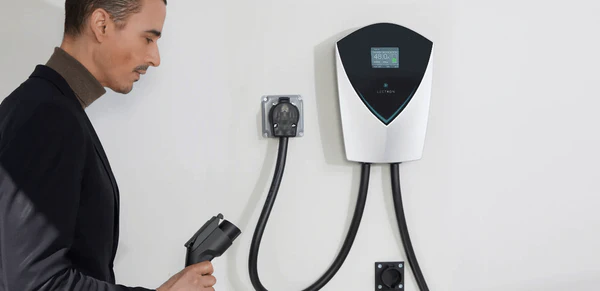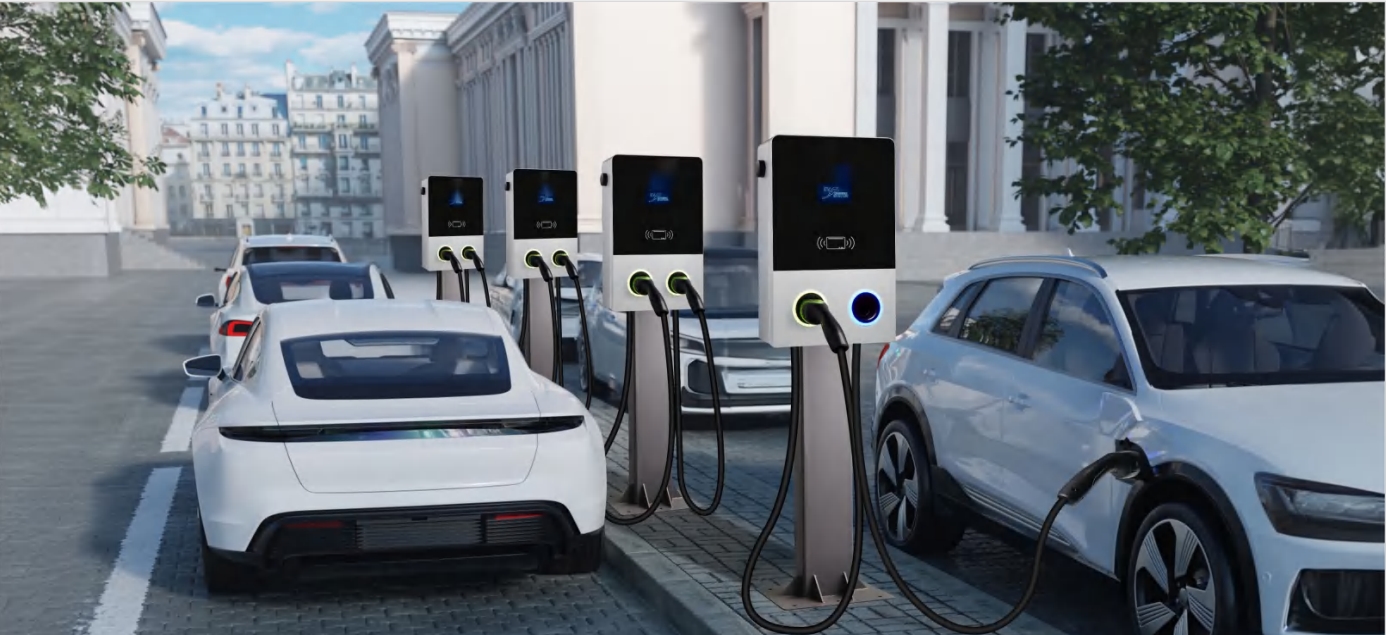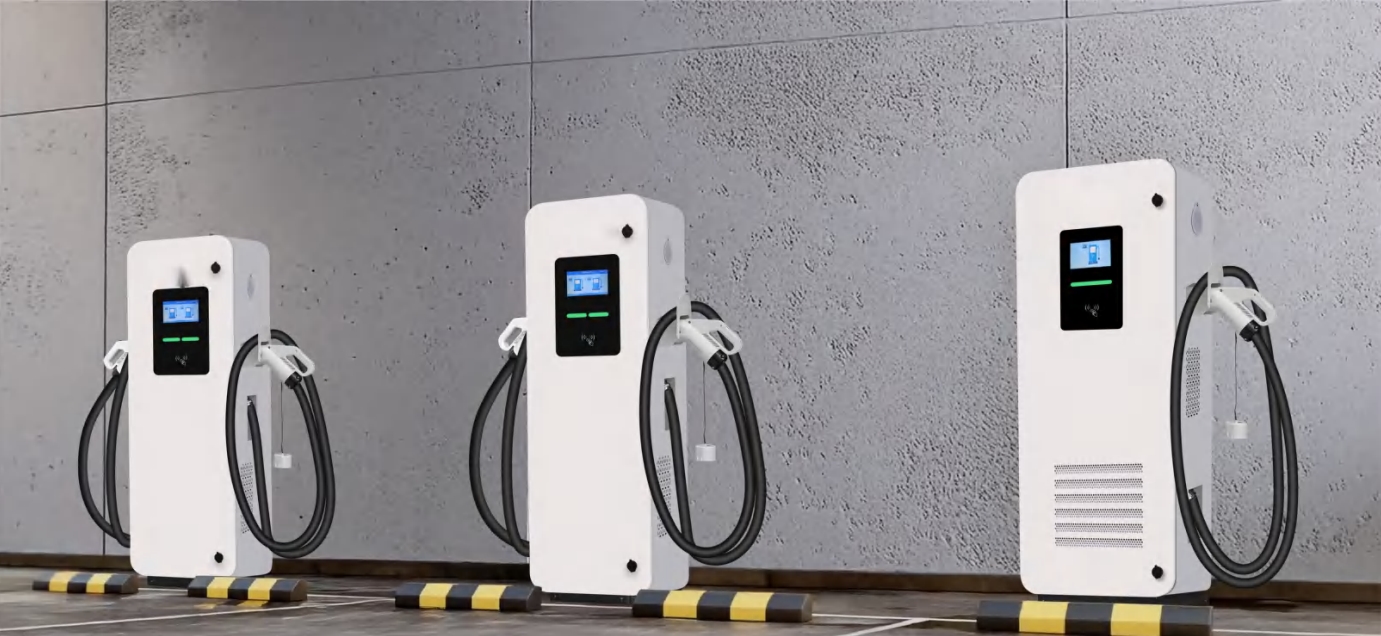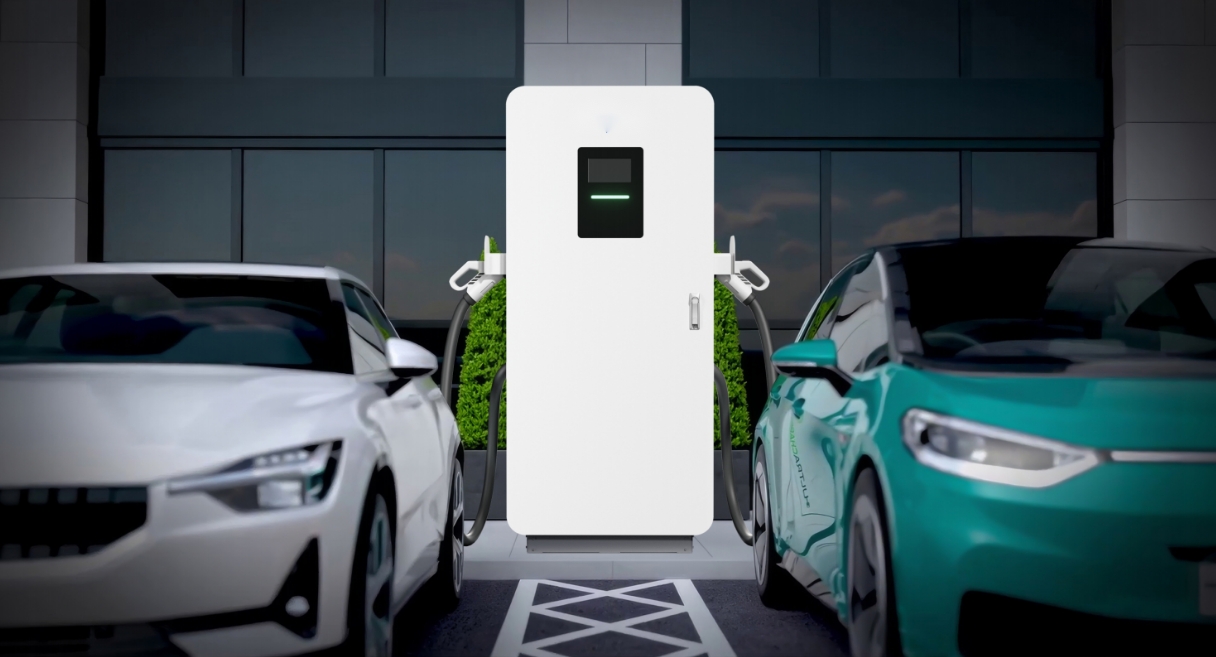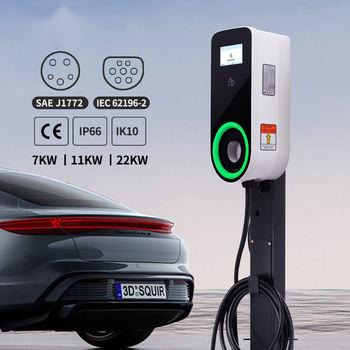EV Charging Factory: A Pioneering Force in Sustainable Energy Solutions
In today's rapidly evolving world of electric mobility, the demand for electric vehicle (EV) charging infrastructure is growing exponentially. As EV adoption accelerates, the need for reliable, efficient, and widespread charging stations becomes paramount. This is where the EV charging factory comes into play—offering cutting-edge solutions that ensure a seamless, sustainable, and convenient experience for electric vehicle owners.
In this article, we will explore the pivotal role of EV charging factories, their manufacturing processes, the technology behind them, and why they are critical for the future of transportation. As governments and businesses push for greener alternatives, understanding the complexities and advancements in EV charging manufacturing will help clarify why this industry is poised for monumental growth.
The Growing Demand for EV Charging Solutions
Electric vehicles have moved beyond the realm of niche innovation and are now positioned at the forefront of global transportation. According to recent studies, the global EV market is expected to reach over $800 billion by 2027, driven by technological advancements, environmental policies, and increasing consumer awareness.
As more individuals and businesses transition to electric vehicles, the demand for efficient and scalable charging infrastructure has surged. EV charging factories are crucial in meeting this demand, manufacturing everything from home chargers to public fast-charging stations. These factories specialize in producing hardware that supports the seamless operation of EVs, providing the backbone for a clean, green future.
Understanding the Technology Behind EV Charging Stations
An EV charging station consists of several key components, each designed to provide a smooth and efficient charging experience. These include:
1. Charging Units
Charging units are the core of the EV charging infrastructure. They convert electricity from the grid into the proper voltage and current needed to charge electric vehicles. These units come in various levels, from Level 1 chargers, which provide slow charging for home use, to Level 3 chargers, also known as DC fast chargers, which deliver rapid charging capabilities.
2. Power Supply Systems
A robust power supply system is essential for ensuring a constant and stable flow of electricity to the charging unit. These systems must be capable of handling high power loads, especially in commercial and public charging stations where multiple vehicles may need to be charged simultaneously.
3. Software and Communication Systems
EV charging stations incorporate sophisticated software solutions that manage the charging process, monitor energy usage, and optimize charging times. These systems often feature smart charging capabilities, allowing users to control charging schedules, monitor their vehicles remotely, and even integrate with mobile apps for convenience.
4. Payment and Authentication Systems
For public and commercial chargers, an integrated payment and authentication system is essential. Users need a seamless way to pay for the charging services, often through credit cards, mobile apps, or RFID cards. Secure and efficient payment systems are a critical component of the charging infrastructure.
The Role of EV Charging Factories in the Supply Chain
Manufacturing of Charging Hardware
EV charging factories are responsible for the design and manufacture of the physical components that make up the charging stations. This includes everything from the charging units, power supply systems, cables, connectors, to the enclosures that house the entire system.
In many cases, these factories also offer customized solutions to meet the unique needs of different environments, whether it's a commercial setting, a residential home, or a public charging station. Customization may involve varying the number of charging ports, adjusting power output, or incorporating additional features like solar integration or energy storage systems.
Quality Control and Testing
Due to the high power demands and safety requirements of EV charging stations, quality control is paramount. EV charging factories implement rigorous testing procedures to ensure that each unit meets the highest standards of safety and efficiency. This includes testing for electrical integrity, protection against overheating, and compatibility with different EV models.
Global Supply Chain and Logistics
As the demand for EV charging infrastructure grows globally, EV charging factories play a crucial role in the global supply chain. Many factories are located in regions with lower manufacturing costs, such as Asia, and they are equipped to handle large-scale production and international shipping. Their ability to meet tight deadlines and deliver products worldwide is key to ensuring that the growing global EV market is adequately supported.
Sustainability in EV Charging Factory Operations
Sustainability is a core principle in the electric vehicle industry, and EV charging factories are no exception. Many factories are committed to reducing their environmental footprint by implementing eco-friendly manufacturing processes and utilizing renewable energy sources.
Energy-Efficient Manufacturing
EV charging factories often rely on energy-efficient production methods that minimize waste and reduce electricity consumption. By using state-of-the-art equipment and optimized production lines, these factories can manufacture high-quality products while conserving resources.
Recyclable Materials
To further promote sustainability, many EV charging factory manufacturers use recyclable materials in their products. For example, the enclosures for charging stations are often made from recycled metals or plastics, and components like cables and connectors can be designed with recyclability in mind.
Renewable Energy Integration
Some forward-thinking EV charging factories are taking it a step further by integrating renewable energy sources such as solar or wind power into their manufacturing processes. This not only helps lower the carbon footprint of the production process but also aligns with the overarching goal of reducing emissions in the transportation sector.
The Future of EV Charging Factories: What Lies Ahead
As the electric vehicle market continues to grow, so too will the need for sophisticated and efficient charging solutions. EV charging factories will need to adapt to an increasingly dynamic landscape by embracing new technologies, expanding production capacities, and optimizing their operations for sustainability.
Ultra-Fast Charging Technologies
One of the most exciting developments in the EV charging industry is the introduction of ultra-fast charging technologies. New innovations, such as solid-state batteries and high-power chargers, are pushing the limits of how quickly electric vehicles can be charged. EV charging factories will be at the forefront of these advancements, ensuring that their manufacturing processes evolve to accommodate the next generation of charging technologies.
Wireless Charging Solutions
Another promising area for future EV charging factories is wireless charging. This technology eliminates the need for physical connectors, allowing vehicles to charge simply by parking over a charging pad. While still in its early stages, wireless charging has the potential to revolutionize the way we think about charging infrastructure, and EV charging factories are already exploring ways to incorporate this technology into their products.
Charging as a Service (CaaS)
The concept of Charging as a Service (CaaS) is gaining traction, where users can access charging stations on-demand through mobile apps or subscriptions. This model will require the development of smart chargers with enhanced connectivity and data analytics, and EV charging factories will be integral to this shift by producing the next generation of connected, intelligent charging infrastructure.
Conclusion
The EV charging factory plays an essential role in the global transition to electric vehicles, offering innovative, efficient, and sustainable solutions that power the green revolution in transportation. As the market continues to evolve, these factories will remain at the heart of this transformation, ensuring that the necessary infrastructure is in place to support the widespread adoption of electric vehicles.
NEXT NEWS:EV Charging Factory: Pioneering the Future of Sustainable Mobility


 Phone
Phone Send Email
Send Email whatsapp
whatsapp Facebook
Facebook Youtube
Youtube



